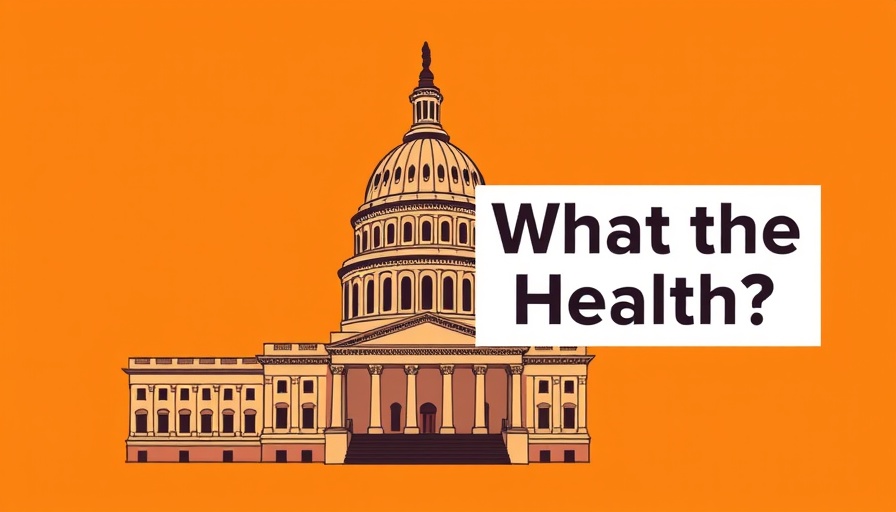
RFK Jr.'s Vaccine Policy Overhaul: What's at Stake for Public Health?
In a significant development that could reshape vaccine policy in the United States, Health and Human Services Secretary Robert F. Kennedy Jr. has dismissed all 17 members of the Advisory Committee on Immunization Practices (ACIP). This committee has long been integral to helping the Centers for Disease Control and Prevention (CDC) determine vaccination policies based on scientific evidence. Kennedy's move to replace them with members who are not only skeptical of vaccinations but also lack the necessary expertise has raised alarm bells across the public health community.
The Promise and the Violation
During his confirmation hearing, Kennedy clearly reassured senators, including Sen. Bill Cassidy from Louisiana, that he would not interfere with the scientific processes governing vaccination recommendations. However, his recent actions appear to directly contradict that promise. This shift undermines the trust that both the public and healthcare professionals place in evidence-based health policies, leading many to question the motivations behind such a drastic change.
Employee Dissent at NIH: A Rare Stand
In a striking move, approximately 300 employees at the National Institutes of Health (NIH) publicly protested the policies implemented by Kennedy's administration. Their letter, dubbed the “Bethesda Declaration,” criticizes the current direction of the NIH as one that wastes public resources and jeopardizes the health of both Americans and global citizens. In a federal landscape where dissent is often subdued, the courage demonstrated by NIH employees signifies deep-rooted concerns about the future of public health policy in the U.S.
Concerns over Vaccine Research: The Broader Implications
Kennedy's recent decision to abort contracts aimed at utilizing mRNA technology for vaccine research against emerging threats like bird flu and HIV raises further concerns about the nation's preparedness for future health crises. As scientists and researchers continue to grapple with the implications of these policy shifts, the fear is that America could be less equipped to handle a pandemic or respond to severe health threats, undermining progress made in the past decades.
A Detrimental Impact on Public Confidence
The ripple effects of Kennedy's actions could be long-lasting, fueling vaccine hesitancy not only within the general public but also among healthcare providers. As trust in the CDC and NIH diminishes, the repercussions could extend beyond vaccination rates. It can lead to broader implications for public health interventions, such as those geared toward controlling infectious diseases.
Looking Ahead: What Does This Mean for Health Policy?
The implications of these changes are dire for public health in America, especially as lawmakers consider incorporating Medicare reforms that could impact the healthcare system significantly. With healthcare providers and policymakers now seeking bipartisan support to combat practices that inflate healthcare costs, the intertwining of vaccine policy and economic considerations becomes increasingly complex.
Conclusion: Engagement and Awareness Are Key
As concerns about vaccine policies continue to grow, it’s essential for the public to stay informed and engaged in health discussions. Clear communication and advocacy around maintaining evidence-based practices will be crucial as we move forward. Promoting awareness around vaccination should remain a priority to safeguard public health interests.
 Add Row
Add Row  Add
Add 



Write A Comment